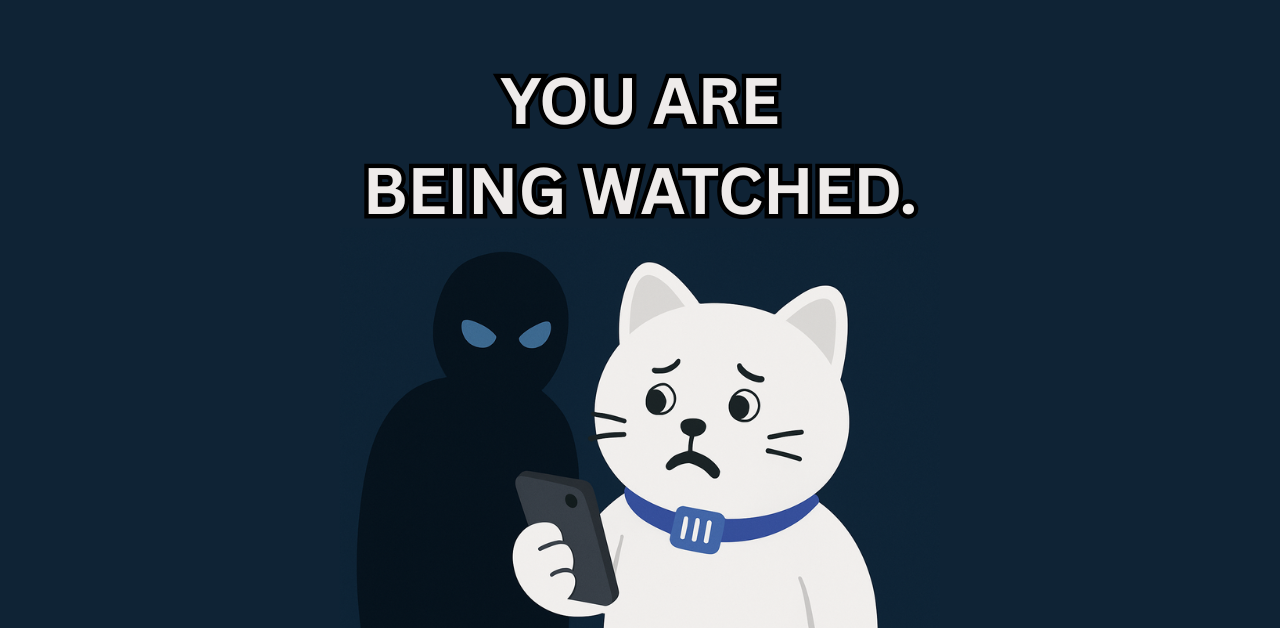
Liking a LinkedIn Post Almost Cost This Person a Job – Social Media Screening
Categories: Business, Cybersecurity, Data Privacy, Digital Footprint, Employment, LinkedIn, Privacy Guides, Redact Features, Social Media, Social Media Management
Background checks used to be about verifying your criminal history, employment records, or education. But now, even the smallest pieces of your online activity are being put under the microscope. A recent post on r/privacy shows just how invasive this has become.
The Reddit user explained that Sterling, a major background check company, scanned their LinkedIn profile while they were being considered for a new role. The system flagged their account as “CONSIDER” rather than “CLEAR.” The reasons were almost absurd:
- They liked a photo of someone at a “No Kings” protest, which Sterling categorized as political activity.
- They liked a comment containing the word “shit,” which was flagged as profanity.
Despite passing the overall check, the fact that these tiny interactions were flagged at all is alarming.
We reached out to the Reddit user, while the background check agreement may have mentioned a social media scan; they didn’t expect their likes to be captured;
I didn’t expect it to include social media scans, this never happened before… Personally, I think scanning social media is a bit invasive.
I would like LinkedIn to actually have privacy controls to limit this exposure…
They raised an important point; the responsibility to provide robust privacy tools is not on the employer (or outsourced background checker). Instead, they believe the platforms should take this responsibility on. We agree.
How Social Media Background Checks are Setting a Dangerous Precedent
If something as trivial as a like on LinkedIn can show up in a background check, it opens the door to a chilling level of scrutiny over ordinary online behavior. There are no clear guidelines for what counts as political, inappropriate, or unprofessional. Instead, algorithms and outsourced reviewers are making subjective judgments that can influence how employers see you.
This precedent means that your professional opportunities could be shaped by things as minor as liking the wrong post at the wrong time. And unlike Twitter or Instagram, LinkedIn does not give users the option to hide their likes or comments. That means everything you engage with could be catalogued and scored without your knowledge.
Further, mobile users regularly like or engage with content, or follow people accidentally in the process of using the app – scrolling through a feed can easily be interpreted as a ‘double tap’ (or like), or accidentally land on the follow button. If social media background checks are scrutinized to this level, a mindless scroll three years ago could cost you a job opportunity.
The Problem with External Social Media Screening
For as long as you have a digital footprint, employers are going to look at it. This isn’t inherently bad – it could even save you from working a job you’ll hate. The problems are introduced when background checks are contracted to other companies, automated, and done without the candidate’s awareness or consent;
- Lack of transparency: Most applicants have no idea their LinkedIn activity is being flagged during background checks.
- Context collapse: A single click of the “like” button is stripped of all nuance and interpreted as endorsement.
- Bias in algorithms: What one system flags as political or profane may be completely benign to someone else.
- Chilling effect: Professionals may self-censor on LinkedIn, afraid that any interaction could be misread by a third-party service.
If employers start to rely heavily on these reports, it could normalize a world where every online action, no matter how small, is treated as a risk factor.
Manage the Result of your Social Media Background Check
The user who shared their story admitted they were glad their other social media accounts were locked down, but it shouldn’t take paranoia to protect your career. The reality is that you cannot always control what platforms make public, but you can control how much of your past content is available for review.
That is where tools like Redact.dev come in. Redact allows you to bulk-delete your posts, likes, and comments across multiple platforms, including LinkedIn. You can target specific keywords, timeframes, or engagement levels, ensuring that you remove the content most likely to be flagged while keeping what matters to you.
The Future of Social Media Screening
What happened in this background check isn’t just one person’s experience. It’s a sign of where hiring practices are headed. Algorithms are already flagging LinkedIn likes as political or profane; and you should expect this trend to continue. Tools like SocialNet are used by government agencies for internet surveillance – expect similar technology to make its way into HR & recruitment teams.
This would enable companies to have a comprehensive view of your digital footprint, activity, and relationships across the web.
The good news – there’s a lot you can do to tighten up your digital footprint and give systems like SocialNet less to find. Background checks are getting deeper – the sooner you start scrubbing your footprint, the better.
- How to clean up your social media before applying for jobs
- How to pass an employer background check
- What gets checked in a background check
- What to delete before social media screening
Our app, Redact lets you bulk delete content from all major social and productivity platforms – you can try it free for deletions on Discord, Twitter, and Facebook, and Reddit.